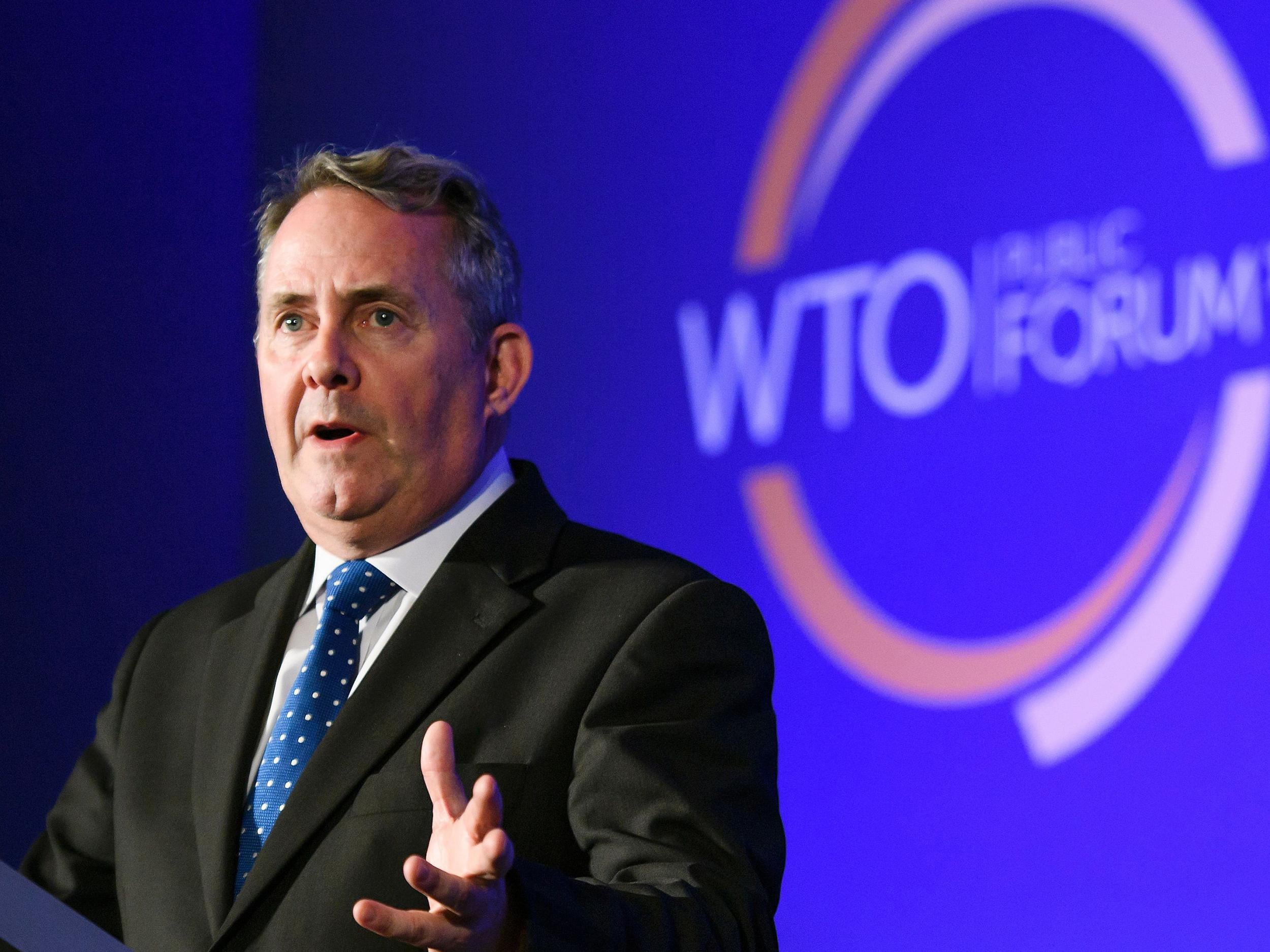Why the future of the World Trade Organisation looks bleak
Two Britons are reportedly in the running to take charge of the WTO – but, writes Sean O'Grady, its global influence is waning


With only the possible exception of the World Health Organisation, the World Trade Organisation is the most battered and friendless of the many international bodies that have found themselves out of favour in the recent backlash against globalisation and internationalism. The WTO, formerly known as the General Agreement on Tariffs and Trade (GATT), was established as one of the pillars of the post-Second World War international economic architecture, alongside the International Monetary Fund and the World Bank, all allied to the United Nations. The GATT was designed to prevent protectionism and trade wars, and to bring down barriers to exports and imports, which it did. Yet, for all its formidable past achievements in stimulating international economic growth, thus lifting billions of souls out of poverty, it is today virtually moribund.
A new secretary-general for the WTO is due to be appointed soon, and there is some talk of a British appointment. The very different personalities of Peter Mandelson and Liam Fox are reportedly tossing their names in the ring, the latter with the support of the UK government. Mandelson is a former EU Commissioner for Trade, with four years experience at the top of one of the world’s leading economic blocs. Mandelson says the WTO “needs fixing”, something Mandelson is known to be good at, though the WTO may be in a worse state than the Labour Party ever was.
Fox had about three frustrating years as secretary of state for international trade in Theresa May’s cabinet, with not much to show for it.
Talented in their different ways as they are, neither is likely to succeed the current incumbent, Roberto Azevedo, a Brazilian diplomat and former ambassador to the WTO. As a former prominent Brexiteer, Fox is likely to be quietly blocked by the EU, which might not like a recent Tory cabinet minister in charge of the organisation at least nominally responsible for settling trade disputes. On the other side, Mandelson will receive no lobbying support from the UK government (now that the country has its own seat at the table).
The gossip is that the more likely next WTO boss will come from another emerging or developing economy, and, especially given the tenor of the times a person of colour, the first such in the 72-year life of the GATT or (since 1994) the WTO. Amina Mohamed of Kenya and Yonor Frederick Agah of Nigeria are the favourites. At the moment neither Fox nor Mandelson seem likely to repeat the 20-year stint (1948-68) of the first and last Briton to run the thing, Sir Eric Wyndham-White.
Not that there is much on the agenda. At a time of raging trade wars, most notably between the US and China, the WTO should be in the thick of it. Yet it is sidelined. President Trump’s general hostility and refusal to appoint judges to the WTO Appellant Body (ie court of arbitration) has paralysed it. The laid-back Azevedo has complained that he doesn’t have much to do these days. His more outspoken and energetic predecessor, Pascal Lamy (ex EU trade commissioner) didn’t active much either. The last “Doha Round” of talks on general global liberalisation of trade – the raison d’etre of the WTO – were launched with high hopes in 2001 but have never come anywhere near conclusion. They are effectively dead.
Things might just change if Trump and his protectionist agenda is defeated in the US elections in November. After all, a president who once wrote “TRADE IS BAD” on the draft of a speech on economics was never going to give the WTO the backing it needs. With a change of leader in America things might just become livelier and meaningful at the WTO’s handsome HQ in Geneva, but the trends are against it, whoever takes over on 31 August.
Join our commenting forum
Join thought-provoking conversations, follow other Independent readers and see their replies
2Comments